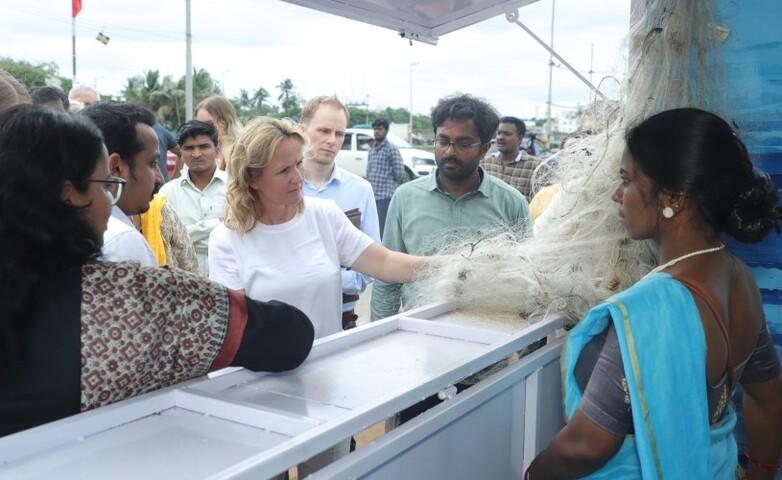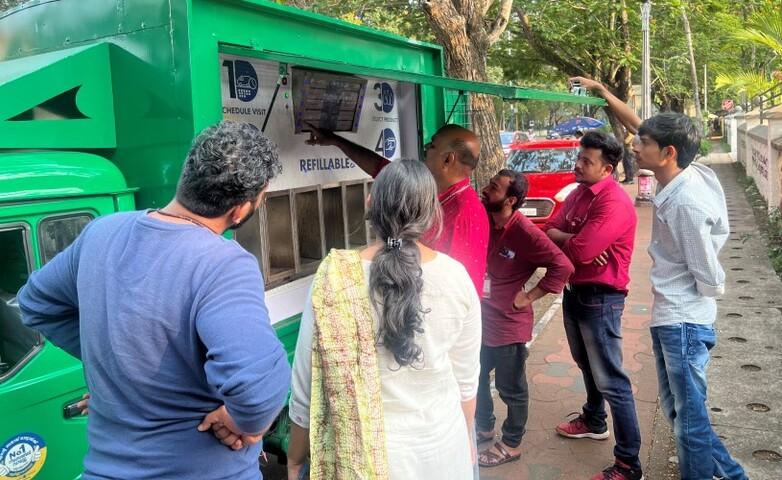Context
India ranks among the largest producers of plastic waste globally. During the years 2019 and 2020, the country generated over 3.5 million tonnes of plastic waste. In 2019, India initiated the national framework on plastic waste management, focusing on implementing Extended Producer Responsibility (EPR) for plastic packaging. EPR is a policy approach where producers are given a significant responsibility for the treatment or disposal of post-consumer waste.
Subsequently, in 2022, the government published official EPR guidelines under the Plastic Waste Management (Amendment) Rules, 2022. Furthermore, on 01 July 2022, the Government of India announced a ban on single-use plastics (SUPs). These are items that intended to be used only once before they are thrown away or recycled, such as plastic straws and plastic bags, which have low utility and high littering potential.
Objective
Circular economy approaches have successfully prevented marine litter in selected riverine and marine ecosystems through partnerships with public and private actors.



